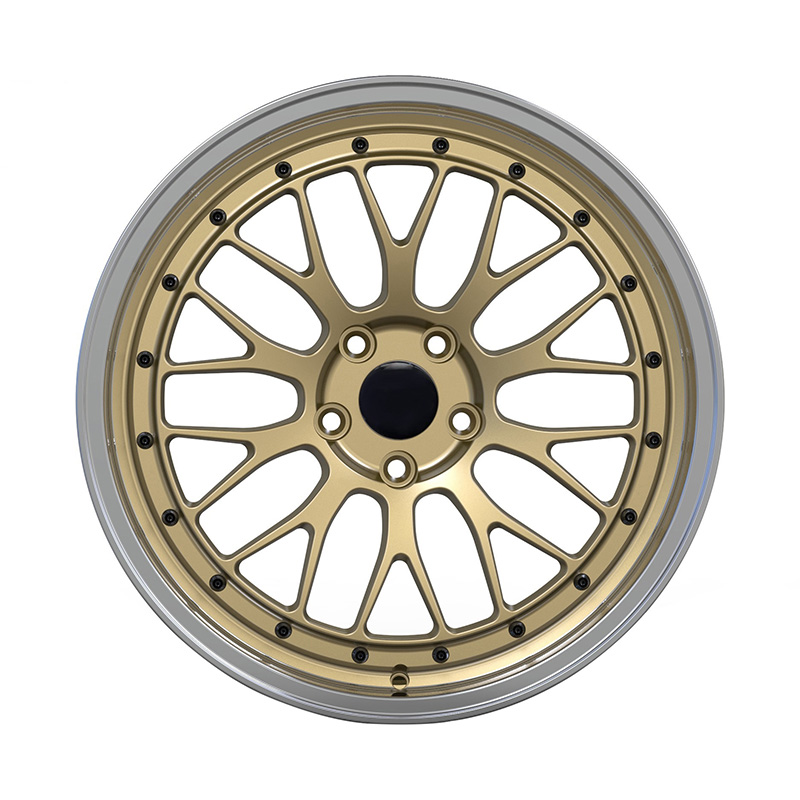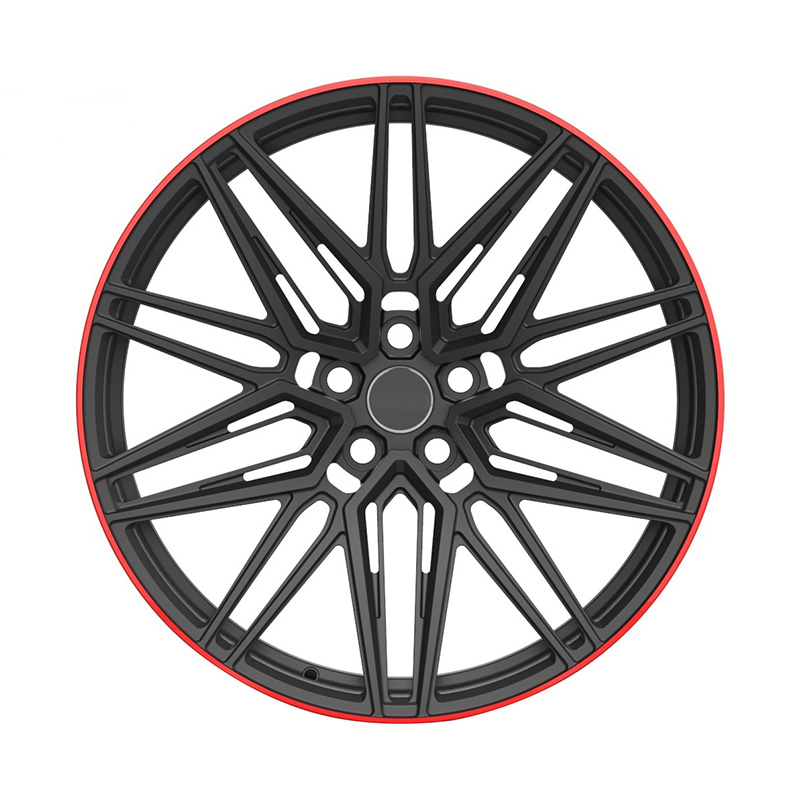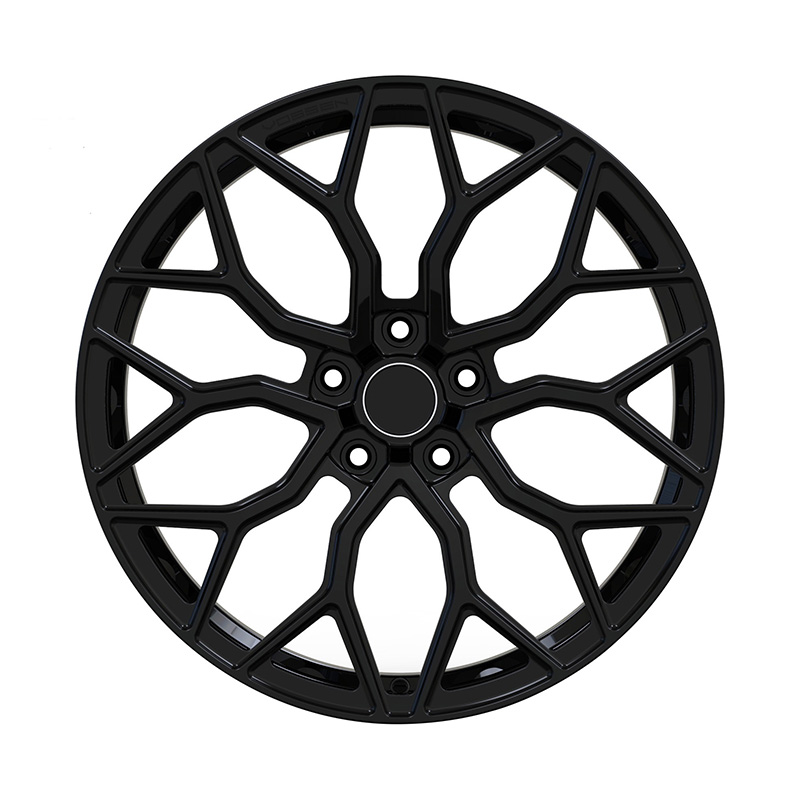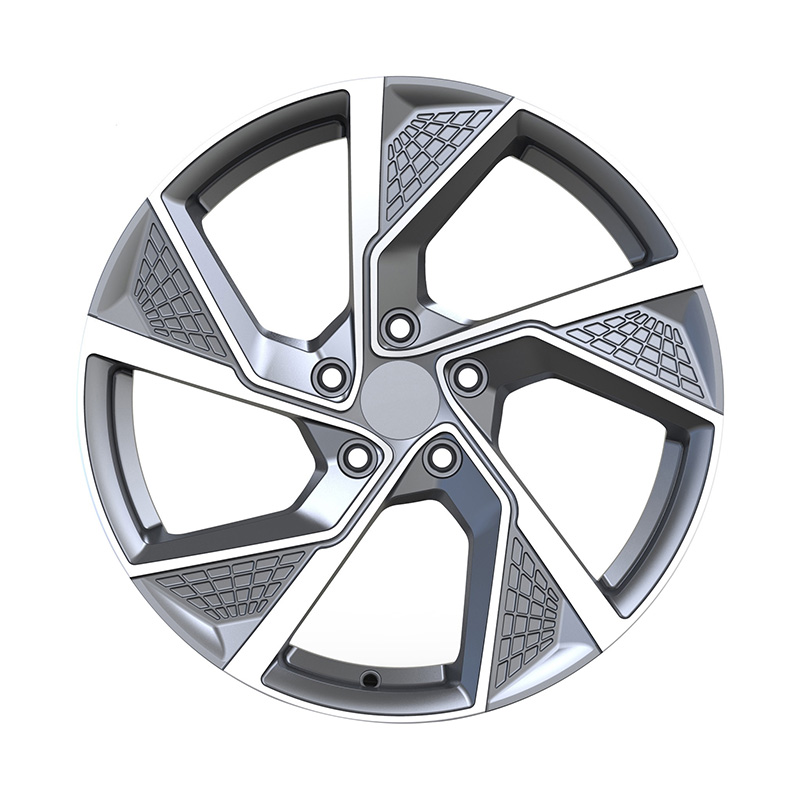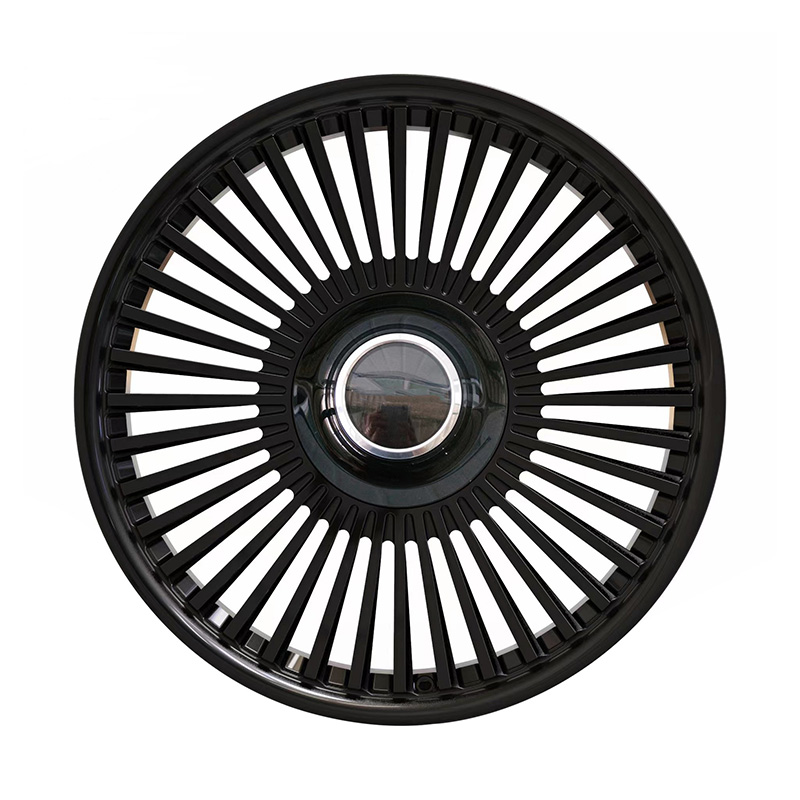
Submit
Submit feedback
Forged Wheel Factory: A Deep Dive into the Market and Price Trends of Aluminum Alloy Forged Wheels
2025-05-16
In the wheel manufacturing industry, aluminum alloy forged wheels have carved out a prominent position, largely due to the unique combination of performance benefits they offer. The global market for automotive wheels is expected to grow significantly in the coming years, driven by rising vehicle production and increasing consumer demand for high-performance vehicles.
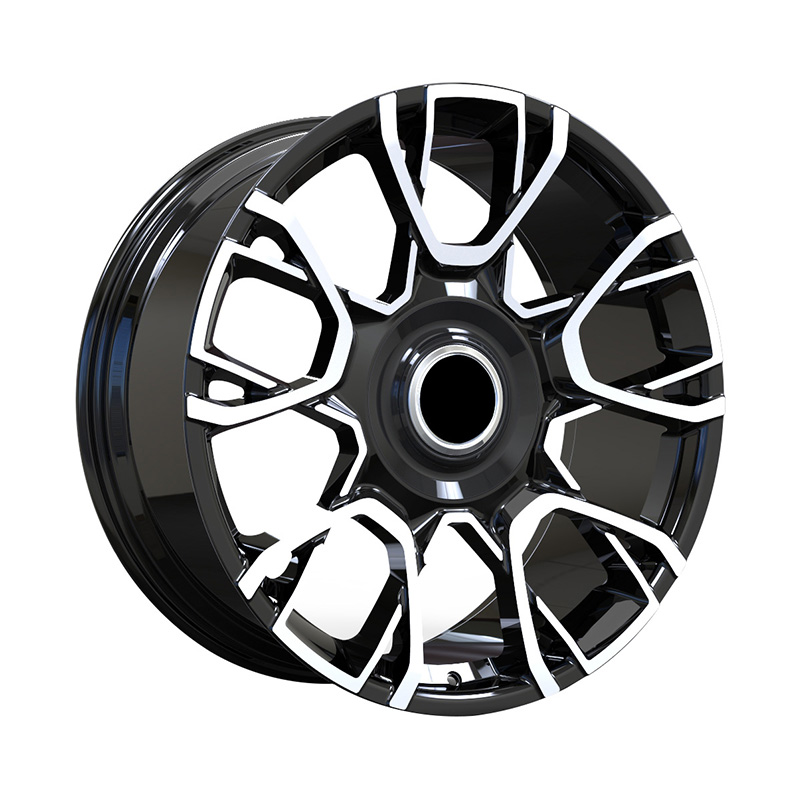
Aluminum alloy forged wheels, compared to steel wheels, are considerably lighter. This reduction in weight translates to improved fuel efficiency, better handling, and enhanced overall vehicle performance, especially in high-performance sports cars and luxury vehicles. As consumers and manufacturers alike look to improve vehicle efficiency and performance, the demand for aluminum alloy forged wheels has surged. In fact, it’s estimated that aluminum alloy wheels account for about 40–45% of the total global wheel market in terms of volume, a figure that has been steadily increasing over the last few decades.
Aluminum alloy forged wheels have become the preferred choice for a majority of the automotive market, from mass-market sedans to high-performance sports cars. The growing consumer demand for lighter vehicles with better fuel efficiency and handling characteristics has driven the market share of aluminum alloy forged wheels even higher. As technology continues to evolve, the demand for these wheels is expected to grow steadily, further cementing their dominance in the automotive industry.
Price Trend and Cost-Effectiveness of Aluminum Alloy Forged Wheels
While the performance and aesthetic benefits of aluminum alloy forged wheels are widely recognized, the question of price is equally important for consumers and manufacturers. Aluminum alloy forged wheels are generally more expensive than their steel counterparts, but they offer significant advantages in terms of performance and durability, making them a more cost-effective option in the long run.
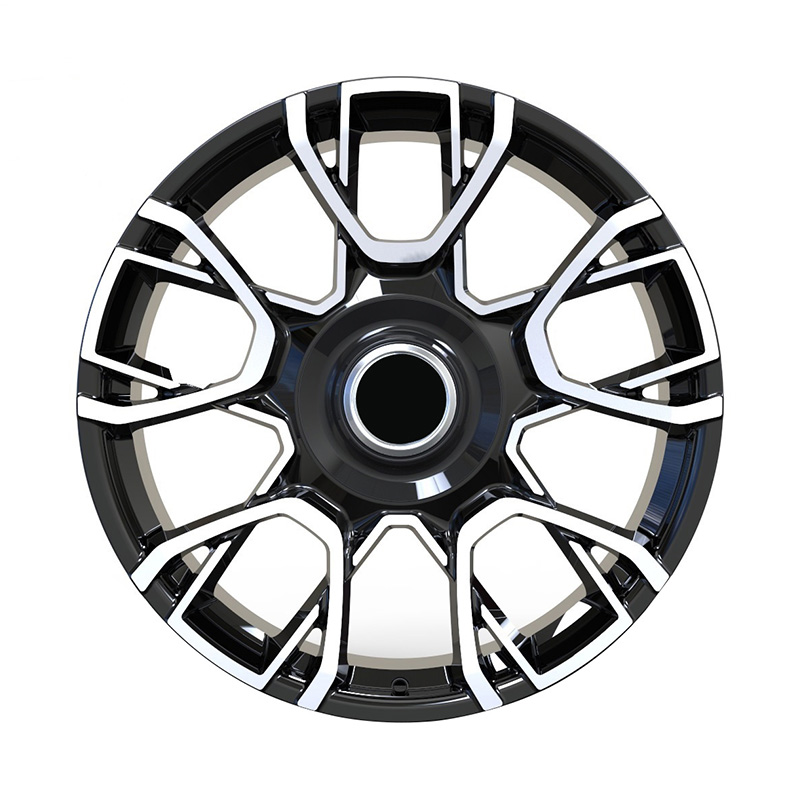
The cost of aluminum alloy forged wheels can vary significantly based on factors such as the brand, design complexity, size, and manufacturing process. On average, a set of aluminum alloy forged wheels can cost anywhere between $1,000 and $4,000, depending on these factors. While this is considerably higher than steel wheels, which typically cost between $300 and $1,000 for a set, the long-term benefits often outweigh the initial higher cost.
Price trends for aluminum alloy forged wheels have generally been stable in recent years, with gradual increases due to rising raw material costs and advancements in manufacturing technology. However, the price gap between forged aluminum wheels and steel wheels has narrowed somewhat, making them a more attractive option for a wider range of vehicle owners. As the manufacturing process for aluminum alloy wheels becomes more efficient and as demand for these wheels continues to grow, the price of aluminum alloy forged wheels is expected to become more competitive, making them increasingly accessible for a larger segment of the market.
The emergence of aftermarket aluminum alloy forged wheels has also driven price competition, with manufacturers offering various options at different price points. Consumers now have the choice to opt for high-end forged wheels that are lightweight and designed for performance or more affordable versions that still offer the key benefits of aluminum alloys, such as reduced weight and increased durability.
recommend products
-
Zhenlun Multi Spokes Split Monoblock Forged Wheels Bronze With Silver Lip Edge
-
Zhenlun Matt Black With Red Lip Monoblock Forged Wheels
-
Zhenlun Gloss Black Monoblock Forged Wheels Gloss Black For Sports Car
-
Zhenlun Monoblock Forged Wheels Lightgrey With Machined Face
-
Zhenlun Monoblock Forged Wheels Gloss Black Dense Multi Spoke

 0
0

